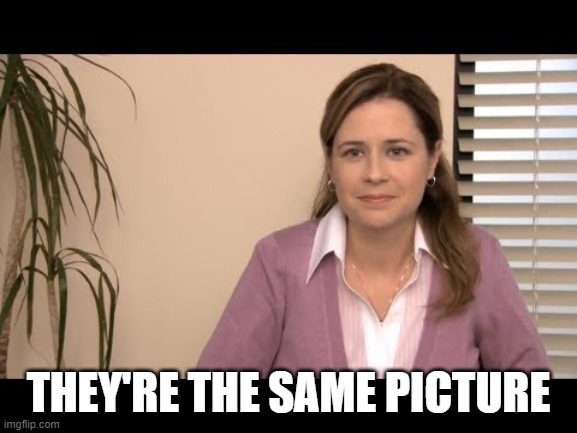You are technically correct - the best kind of correct! (Futurama quote, meaning I appreciate your correction.)
It’s probably not an issue for a station that simply doesn’t have that level of captioning, yet.
But I take your point - it would likely be a violation if they had that captioning and tried to monetize it. (In my substantially professionally trained but still non-expert opinion.)












Once an organization can no longer claim an accessibility accomodation is an undue burden, then various laws kick in dictating how that accessibility accomodation must be managed.
As was pointed out, many radio stations do provide captions, and in doing so, fall under the same laws about how they managed those captions.
Spotify is also a big enough organization that any claim of “undo burden” would probably not hold up in court, anyway.
While a small local radio station might well be protected, and is a good example of why such exceptions exist.